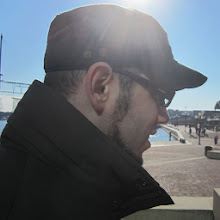Top 10 List
This isn't related to Taiwan really but I wanted to list some of my favorite things as a top 10 list.
These are all special to me in someway or another, but not really definitive.
Listed in no particular order:
Top Ten Movies:
- King Kong (1933)
- The Terminator (1984)
- Batman Begins (2005)
- The Matrix (1999)
- Pulp Fiction (1994)
- Apocalypse Now (1979)
- Dawn of the Dead (2004)
- Sin City (2005)
- Jurrasic Park (1993)
- Lord of the Rings (2001)
- Final Fantasy VII (PS1)
- River City Ransom (NES)
- Metal Gear Solid -series- (PS1, PS2)
- Resident Evil -series- (PS1, PS2, GC)
- Star Control 2 (PC)
- Dungeon Master (PC)
- Tekken -series- (PS2)
- The Legend of Zelda -series- (GB, SNES, GC)
- Battlefield 2 (PC)
- Mario Kart -series- (SNES, GC)
- Batman: The Animated Series
- Dragon Ball Z
- Bleach
- Justice League Unlimited
- Ninja Scroll
- Spirited Away
- Akira
- Teenage Mutant Ninja Turtles
- Neon Genesis Evangelion
- Ren and Stimpy

